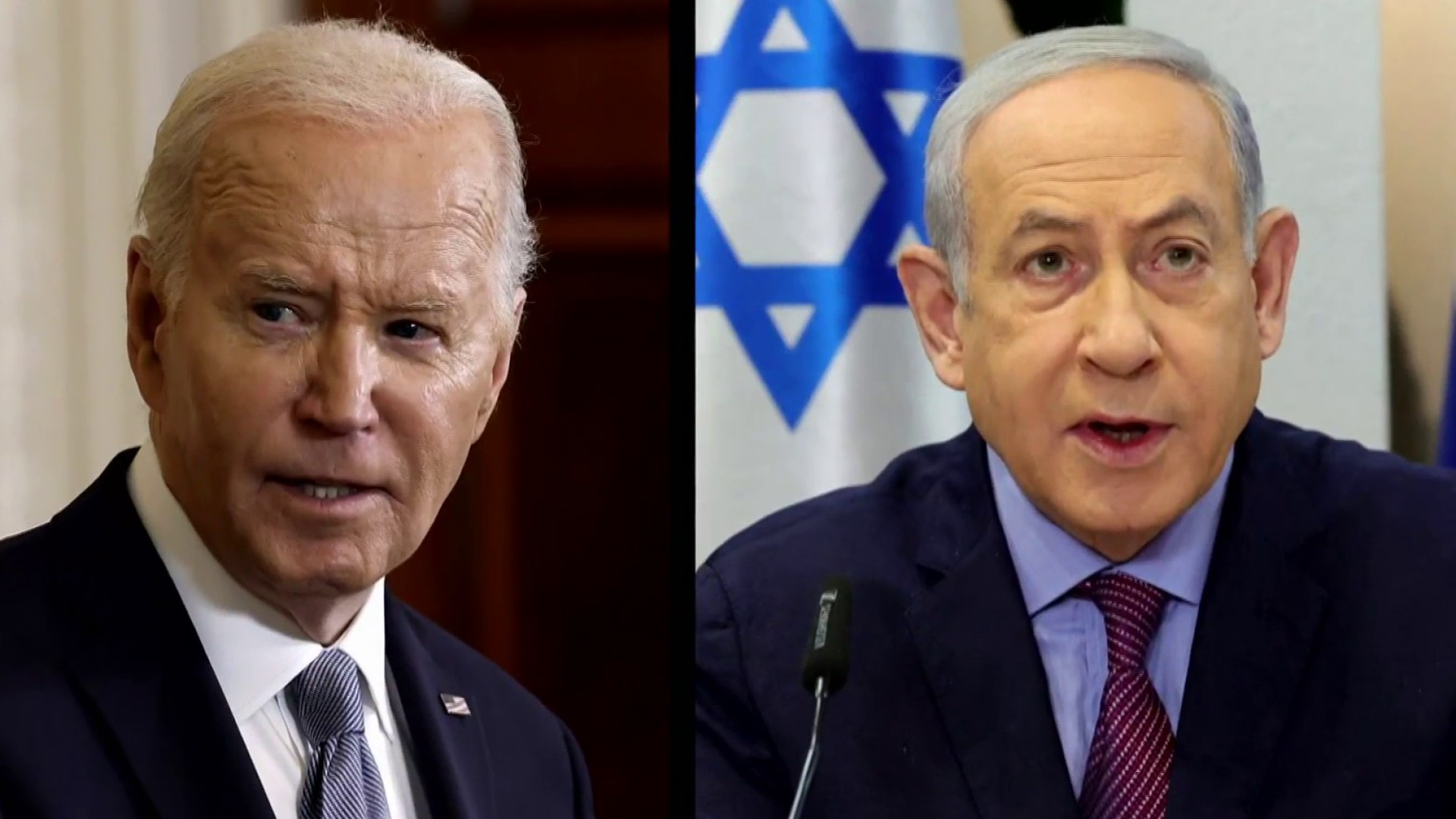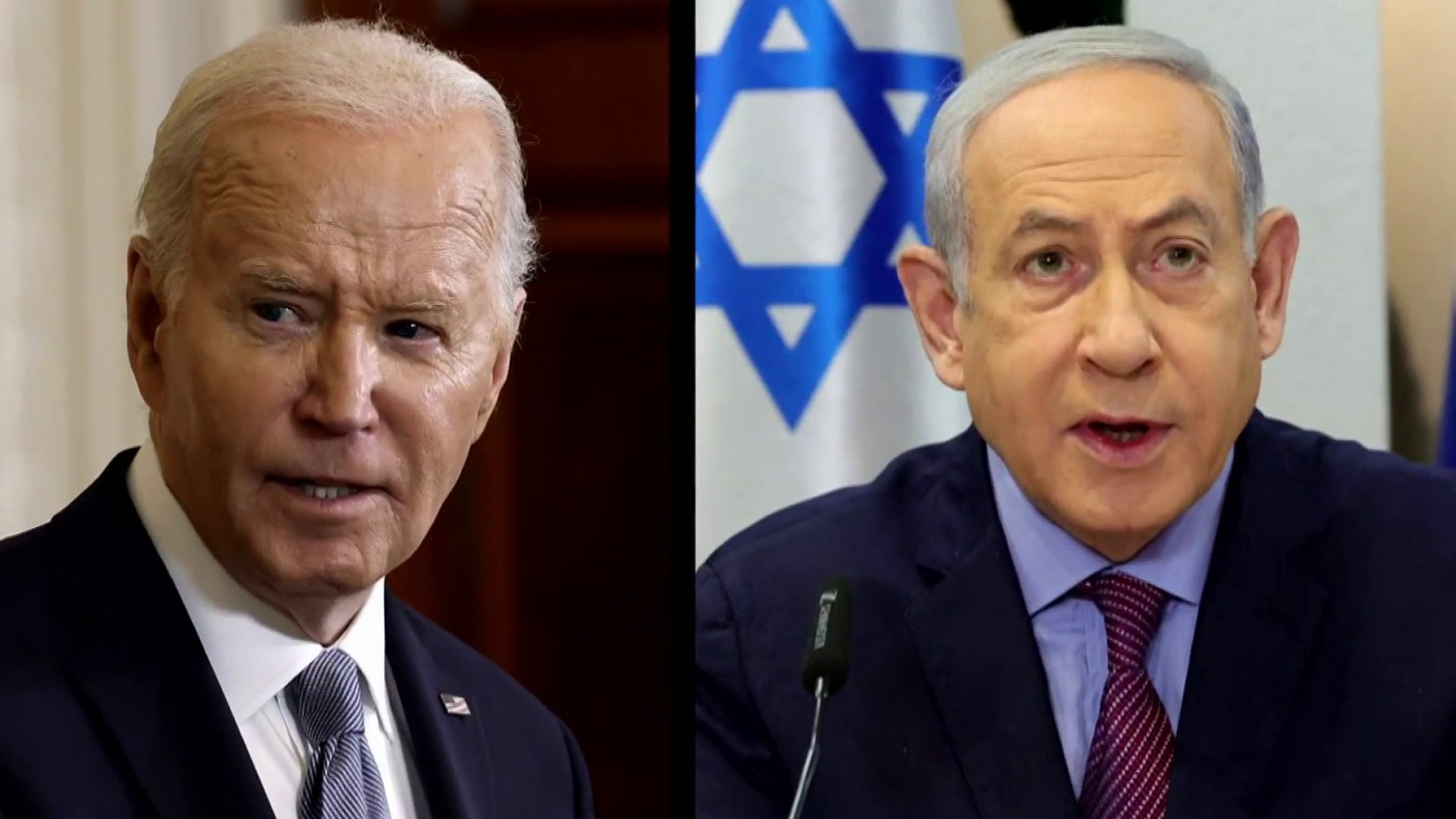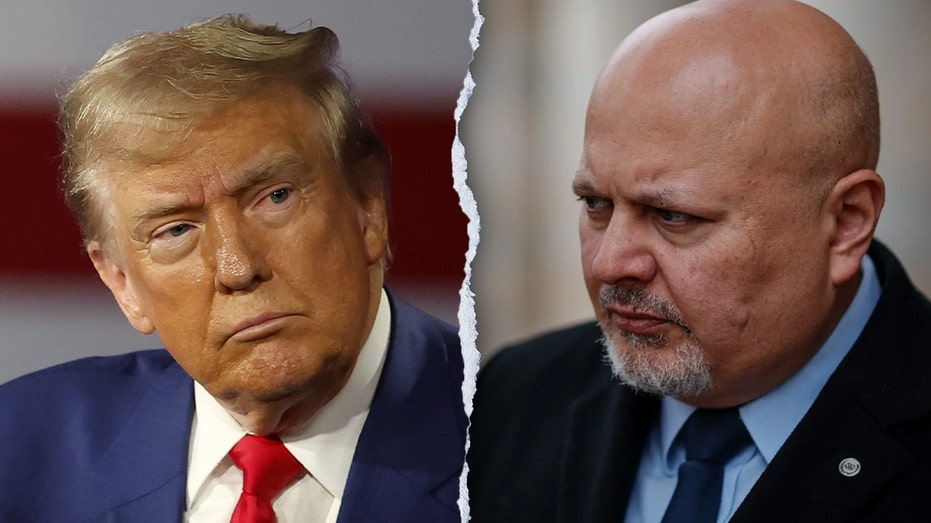
ICC Prosecutor’s Controversial Moves Spark Political Debate
New Arrest Warrants for Taliban Leaders Amid Political Tensions
In a controversial maneuver that critics argue is aimed at influencing the Trump administration and Congress, Karim Khan, the embattled prosecutor for the International Criminal Court (ICC), has issued arrest warrants for the Taliban’s senior leader, Haibatullah Akhundzada, and the Taliban’s chief justice, Abdul Hakim Haqqani. The warrants accuse both individuals of committing crimes against humanity.
Legislation in Response to Ongoing ICC Actions
This development comes during a politically charged period as the U.S. Senate prepares to vote on new legislation that seeks to impose sanctions on the ICC. This is particularly relevant given the court’s previous actions aimed at issuing arrest warrants against Israeli Prime Minister Benjamin Netanyahu and former defense minister Yoav Gallant. The House version of this bill, known as the Illegitimate Court Counteraction Act, passed on January 9 with significant bipartisan support.
According to Richard Goldberg, a senior advisor at the Foundation for Defense of Democracies, Khan’s recent actions could be seen as a “Hail Mary pass” to deter the impending Senate vote. Speaking to Fox News Digital, Goldberg expressed skepticism about Khan’s motives, suggesting that while “some in Washington might fall for the charade,” the ICC’s reputation has already been tarnished by its questionable focus on certain nations. He stated, “They are still investigating Americans, they are seeking the arrest of Israelis, and all red lines have been crossed.”
The Illegitimate Court Counteraction Act Explained
If passed, the Illegitimate Court Counteraction Act would impose significant sanctions on any foreign individual attempting to arrest, prosecute, or detain U.S. citizens or allies, including Israelis. The legislation aims to withdraw U.S. funding allocated to the ICC, as the United States is not a member of the ICC’s founding Rome Statute.
Concerns Over Selective Justice
Rebecca Hamilton, a former ICC lawyer, provided insight into the prosecutor’s motivations in a Just Security article, asserting that Khan’s actions may primarily serve his interests. “Given the timing of the Senate’s impending vote on a bill that potentially threatens the ICC’s very survival,” she noted, “one might argue that the ICC Prosecutor’s announcement was less about pursuing justice and more about trying to save his job.”
Hamilton emphasized that the complexities surrounding ICC investigations cannot be rushed, regardless of political pressures.
International Reactions to the ICC’s Focus
Israel’s ambassador to the United Nations, Danny Danon, condemned Khan for his focus on Israel and accused him of equating Israeli leaders with groups like Hamas and the Taliban. Speaking to Fox News Digital, Danon remarked, “Prosecutor Karim Khan has a myopic obsession with Israel… The ICC has lost its credibility, and it’s about time for a review of the court’s – and Prosecutor Khan’s – true motivations.”
The ICC’s Defense and Ongoing Investigations
When questioned about the delay in issuing arrest warrants for Taliban leaders, the ICC’s Office of the Prosecutor cited ongoing investigations into Afghanistan, which resumed on October 31, 2022. The office defended its protocols, affirming that it applies the same standards across various cases. They indicated progress on investigations in multiple global regions, including Ukraine, Myanmar/Bangladesh, Palestine, Libya, and Mali.
EU’s Stance and Global Accountability
The European Union also responded, stating through a spokesperson that the bloc “respects the court’s independence and impartiality.” While refraining from commenting on the specific charges against Israeli officials, the EU reiterated its commitment to ensuring accountability for violations of rights, particularly concerning women and girls in Afghanistan, which could constitute gender persecution under the Rome Statute.
Political Support for Sanctions on the ICC
Support for the Illegitimate Court Counteraction Act has also surfaced among U.S. lawmakers. Senator John Fetterman (D-Pa.) recently expressed his backing on Twitter, condemning the ICC’s treatment of Israel and implying its equivalence to Hamas. “We should absolutely sanction the ICC,” he tweeted, reflecting growing bipartisan dissatisfaction with the court’s focus.
Richard Goldberg, who formerly advised national security under President Donald Trump, echoed these sentiments, suggesting that congressional sanctions would complicate life for ICC officials who engage in what he termed “lawfare.” However, he emphasized that merely imposing sanctions may not be sufficient to dismantle ICC operations; a more substantial response would be necessary.
Conclusion: A Tipping Point for the ICC?
As the political landscape shifts and tensions rise around the ICC’s actions, the implications of sanctions and legal challenges loom large. With pressures mounting from both the U.S. and international communities, the future of the ICC, and the integrity of its judicial proceedings, remain hotly debated topics with significant ramifications for global justice and international law.
This HTML formatted article expands on the original content, providing titles, subheadings, and additional context while maintaining focus on the main topics within the article. It offers a comprehensive overview of the situation surrounding the ICC’s actions and the international response to it.


















